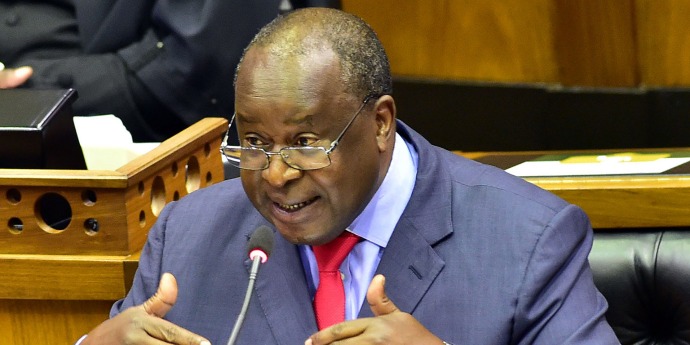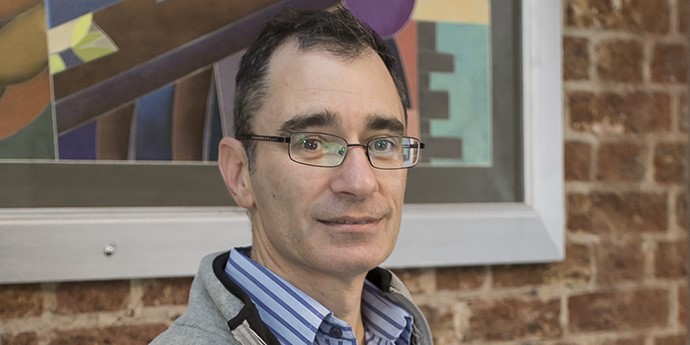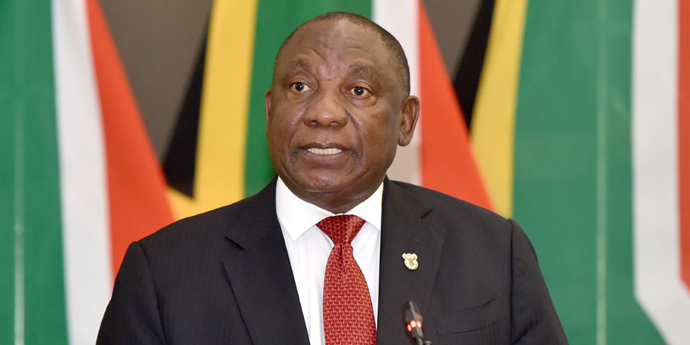As the world embraces an energy revolution, the landscape of power generation is shifting dramatically. Professor Anton Eberhard, an energy expert at the UCT Graduate School of Business, recently shared these pearls of wisdom with the Daily Maverick.
1. Solar and Wind Must Take the Lead
“Right now we are in the midst of an energy revolution sweeping the world. It’s unstoppable,” says Professor Eberhard. At the forefront of this transformation are solar and wind power, now the cheapest sources of electricity globally. Countries like Australia are leading the way, with 3.2 million households generating power through rooftop solar, creating what is effectively “a virtual power station.” Professor Eberhard believes there is “no reason why we can’t do the same” in South Africa, enabling consumers to produce and sell energy back to the grid.
2. Moving Beyond Coal
“Eskom is broken; it has lost too many skills; old power plants have been poorly maintained and cannot easily be revived, no matter how much taxpayers’ money is thrown at them,” Professor Eberhard explains. South Africa’s reliance on coal power is rapidly becoming unsustainable, with coal plants failing at a rate faster than new generation capacity is added. As global banks refuse to finance new coal projects, the path to reducing carbon emissions and achieving energy security lies in accelerating the shift.
3. The Role of Gas in a Balanced Energy Mix
While renewable energy takes centre stage, Professor Eberhard points out that “there will be a need to add more than wind and solar to the energy mix in the immediate future,” which will include gas. He warns that existing gas reserves in Mozambique’s Pande and Temane fields may be depleted by 2030, and Sasol has already indicated it will cease supplies to industrial users by 2026. He sees an opportunity for South Africa to develop offshore gas reserves, which would “provide a flexible resource to complement the variability of solar and wind energy” and stabilize the grid during the transition.
4. Cape Town's Cash for Power Initiative
Cape Town is pioneering a new approach with its Cash for Power programme, where businesses and households can earn credits or cash by feeding excess electricity back into the grid. Cape Town Mayor Geordin Hill-Lewis believes this approach could be key to ending load shedding, saying, “That must be the future for our country too.” Professor Eberhard sees this model as part of a broader policy shift that empowers local producers, turning electricity consumers into contributors to the national power grid. Expanding similar programmes nationwide could bolster South Africa’s energy resilience, thereby reducing dependency on centralized power generation.
5. The Huge Potential of Private Investment
“While the interventions at Eskom are positive and there are encouraging signs of private investment in generation, we are moving far too slowly on new power generation,” warns Professor Eberhard. South Africa’s ambitious goal of adding 60GW of new power capacity by 2030 will require more than R1 trillion in investment. He notes, “More than R1-trillion, 60GW, is needed by 2030. We are way off those targets.” The President’s Energy Plan and increased private sector involvement are encouraging steps, but urgent action is needed to meet these targets and secure South Africa’s energy future.











